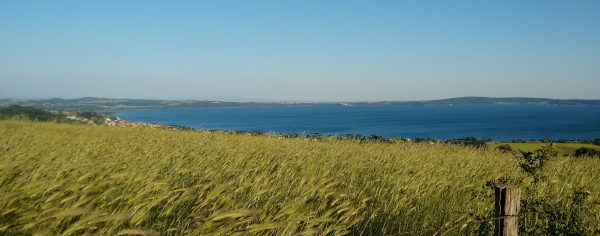
Agricultural diversification promotes multiple ecosystem services without compromising yield
The research is published in Science Advanced. Enhancing biodiversity in cropping systems is suggested to promote ecosystem services, thereby reducing dependency on agronomic inputs while maintaining high crop yields. We assess the impact of several diversification practices in cropping systems on above- and belowground biodiversity and ecosystem services by reviewing 98 meta-analyses and performing a second-order meta-analysis based on 5160 original studies comprising 41,946 comparisons between diversified and simplified practices.
Annual Wildflower Strips as a Tool for Enhancing Functional Biodiversity in Rye Fields in an Organic Cultivation System
The article is published in Agronomy, and it belongs to the Special Issue Successfully Managing Interdependent Agricultural Landscapes — Processes, Structures and Mechanisms Sustaining the Entire System. Ecological intensification of agriculture (e.g., with the use of wildflower strips) is being currently discussed as a mean for gaining high yields, preserving high biodiversity of farmland.
The effectiveness of flower strips and hedgerows on pest control, pollination services and crop yield: a quantitative synthesis
A quantitative synthesis published in Ecology Letters. Floral plantings are promoted to foster ecological intensification of agriculture through provisioning of ecosystem services. However, a comprehensive assessment of the effectiveness of different floral plantings, their characteristics and consequences for crop yield is lacking. Here we quantified the impacts of flower strips and hedgerows on pest control (18 studies) and pollination services (17 studies) in adjacent crops in North America, Europe and New Zealand.


